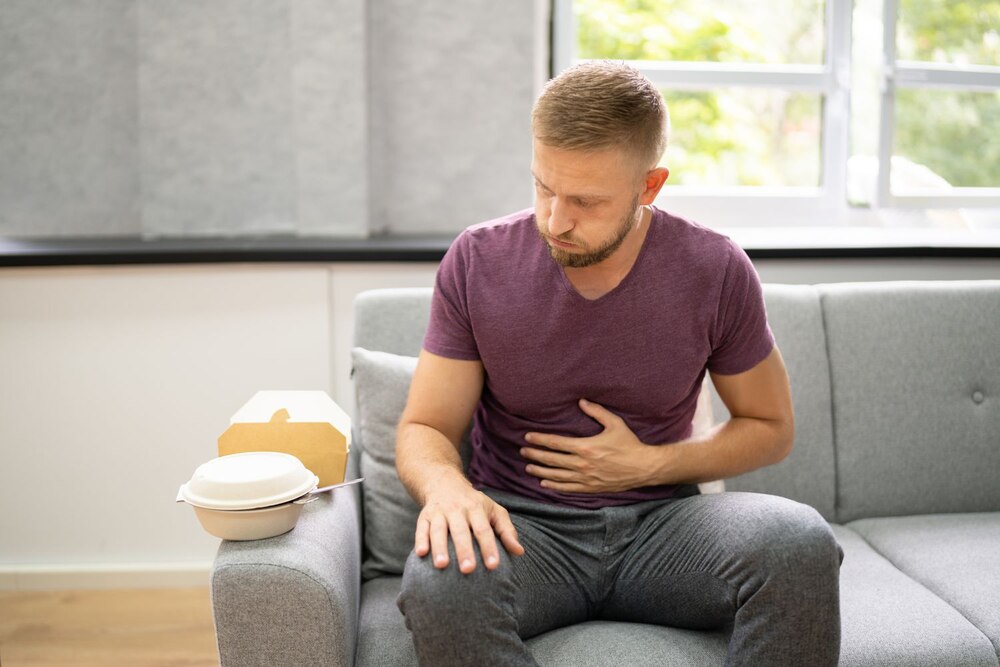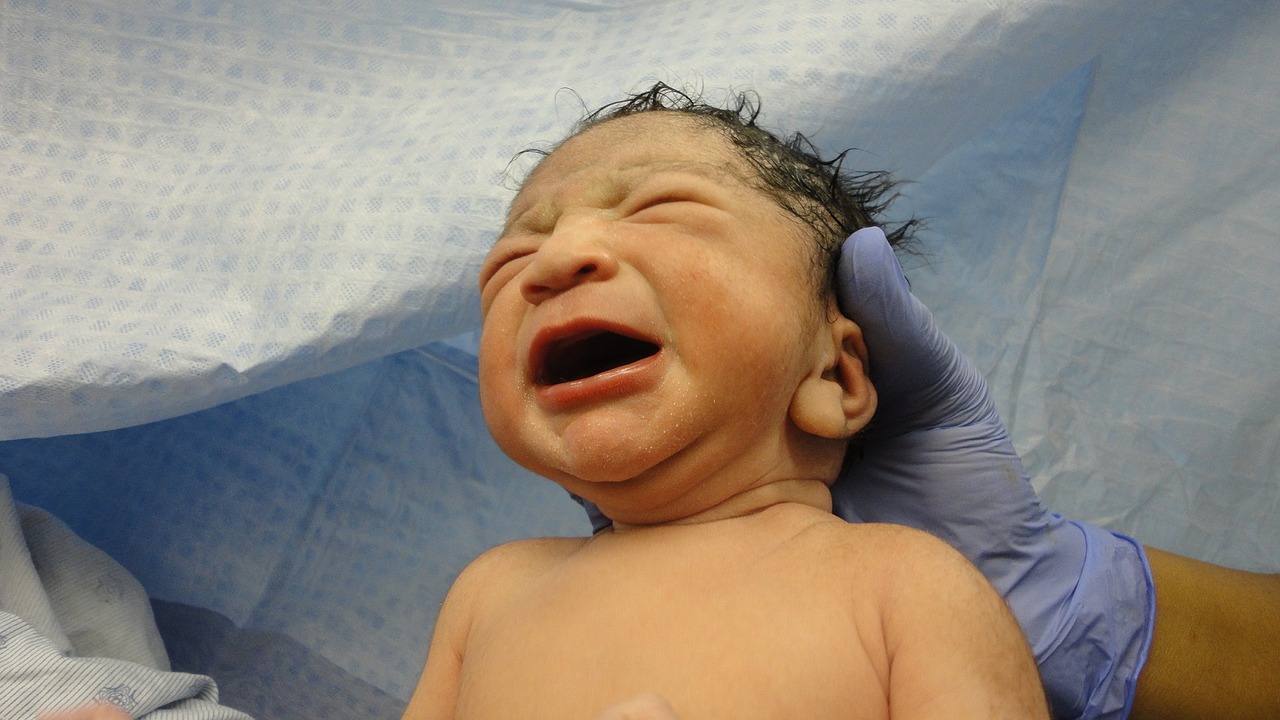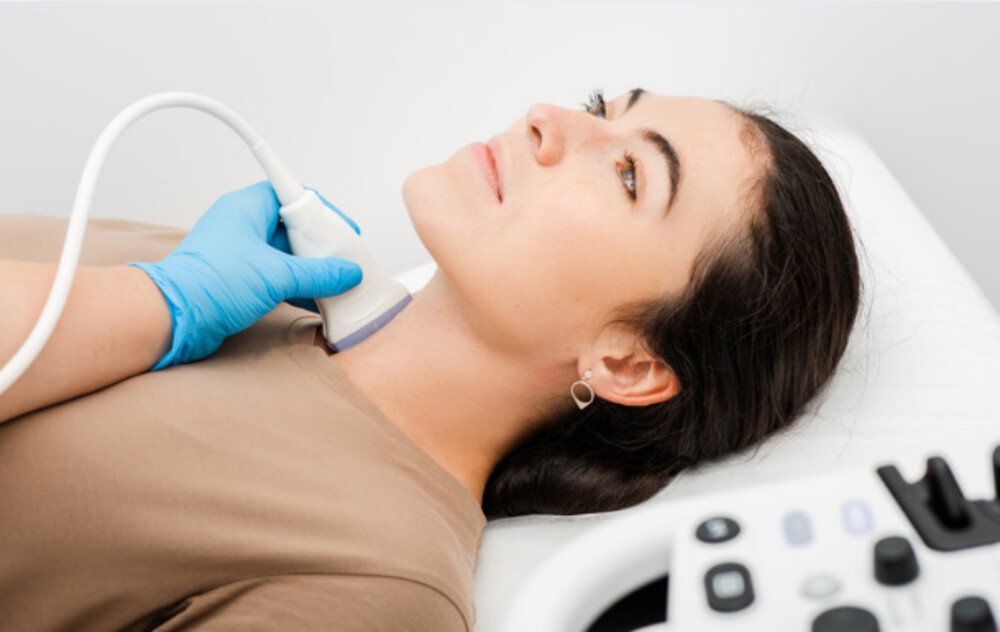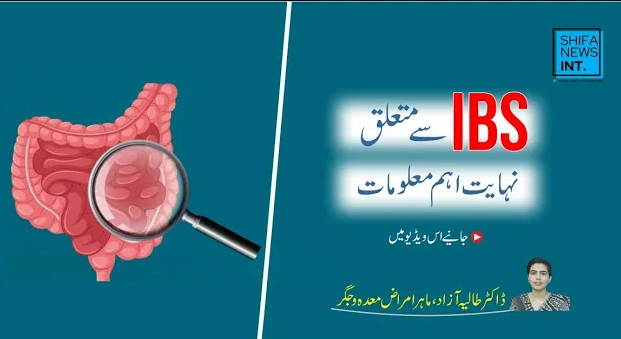
Acid reflux happens when stomach acid flows back into the esophagus. It usually occurs sometimes, often after a heavy meal or lying down, causing mild heartburn. GERD, or Gastroesophageal Reflux Disease, is a long-term form of acid reflux. It happens often, more than twice a week, and can cause problems like irritation, ulcers, or narrowing of the esophagus. Occasional acid reflux is normal, but GERD needs medical care.
Why does this disease occur?
GERD occurs when the lower esophageal sphincter (LES)—a muscle at the bottom of the esophagus—weakens or relaxes abnormally. This allows stomach acid and contents to flow back repeatedly into the esophagus.
Causes and contributing factors include:
- Weak LES muscle
- Frequent acid reflux
- Hiatal hernia
- Obesity
- Pregnancy
- Connective tissue disorders (e.g., scleroderma)
- Delayed stomach emptying
Triggers that worsen reflux:
- Smoking
- Large meals or late-night meals
- Fatty or fried foods
- Alcohol, coffee, and chocolate
- Certain medicines, such as aspirin
What are the symptoms?
Common symptoms:
- Heartburn (burning chest sensation), often after meals or while lying down
- Regurgitation of food or sour liquid
- Chest or upper abdominal pain
- Difficulty swallowing (dysphagia)
- A feeling of a lump in the throat
Nighttime reflux symptoms:
- Persistent cough
- Laryngitis (vocal cord inflammation)
- New or worsening asthma
Who is at risk of this disease?
You may be at higher risk if you:
- Are overweight or obese
- Have a hiatal hernia
- Are pregnant
- Have connective tissue diseases
- Have delayed stomach emptying
- Smoke or consume trigger foods/drinks
- Take medications that irritate the stomach
How is this disease diagnosed?
Doctors begin with a symptom history and physical exam. If needed, they may order tests such as:
Upper Endoscopy: A camera examines the esophagus and stomach; may include biopsy
Ambulatory Acid (pH) Probe Test: Measures acid exposure in the esophagus using a catheter or capsule
X-ray of Upper Digestive System (Barium Swallow): Shows narrowing or structural changes
Esophageal Manometry: Measures muscle strength and coordination during swallowing
Transnasal Esophagoscopy: A thin camera through the nose to inspect the esophagus
What is the treatment?
Medications
- Over-the-counter options:
- Antacids: Tums, Mylanta, Rolaids
- H2 blockers: Famotidine (Pepcid AC), cimetidine, nizatidine
- Proton pump inhibitors (PPIs): Omeprazole (Prilosec OTC), lansoprazole, esomeprazole
Prescription options:
- Higher-strength PPIs: pantoprazole, rabeprazole, dexlansoprazole
- Prescription H2 blockers
Surgical & Advanced Procedures
Recommended if medicines fail or long-term drug use is not preferred:
Fundoplication (Nissen or Toupet): Tightens LES by wrapping stomach around esophagus.
LINX Device: A Magnetic ring placed around LES to reduce reflux.
Transoral Incisionless Fundoplication (TIF): Endoscopic tightening of LES without cuts.
Weight-loss surgery: It may be advised for obesity-related GERD.
What are lifestyle measures & home remedies?
- Maintain a healthy weight
- Stop smoking
- Elevate head of the bed 6–9 inches
- Sleep on the left side
- Avoid lying down for 3 hours after meals
- Eat slowly and chew well
- Avoid trigger foods (fatty foods, alcohol, caffeine, chocolate, peppermint)
- Avoid tight clothing around the waist
How can you take care at home?
- Follow dietary changes strictly
- Track food triggers
- Sleep with an elevated upper body
- Eat small, frequent meals
- Avoid late-night eating
- Keep a symptom diary
- Use OTC medicines responsibly
How can this disease be prevented?
- Maintain a healthy body weight
- Avoid smoking and alcohol
- Eat earlier in the evening
- Choose low-fat meals
- Avoid overeating
- Wear comfortable clothing
- Manage stress and sleep patterns
When should you see a doctor?
Seek urgent medical help if you have chest pain with:
- Shortness of breath
- Arm or jaw pain
Make a medical appointment if:
- GERD symptoms are severe or frequent
- You need OTC heartburn medicines more than twice a week
- You have trouble swallowing
- You lose weight unintentionally
- You vomit frequently or vomit blood
Frequently Asked Questions (FAQs)
Q1. What’s the most likely cause of my symptoms?
Ans: Repeated acid reflux due to a weak or dysfunctional lower esophageal sphincter.
Q2. What tests do I need? Is there preparation for them?
Ans: You may need endoscopy, pH monitoring, X-ray, manometry, or transnasal esophagoscopy. Preparation depends on the test.
Q3. Is my condition temporary or chronic?
Ans: GERD may be temporary, but it often becomes a chronic condition.
Q4. What options or treatments are available?
Ans: Lifestyle changes, antacids, H2 blockers, PPIs, or procedures such as fundoplication, LINX, or TIF.
Q5. Are there any restrictions I must follow?
Ans: Yes—avoid trigger foods, avoid lying down after meals, elevate your bed, and follow your doctor’s advice.
Q6. I have other health issues. How can I manage them with GERD?
Ans: Your doctor will design a safe treatment plan based on your existing conditions.
Important Note:
This information is for awareness only. Always consult a healthcare professional for medical advice, diagnosis, or treatment.









